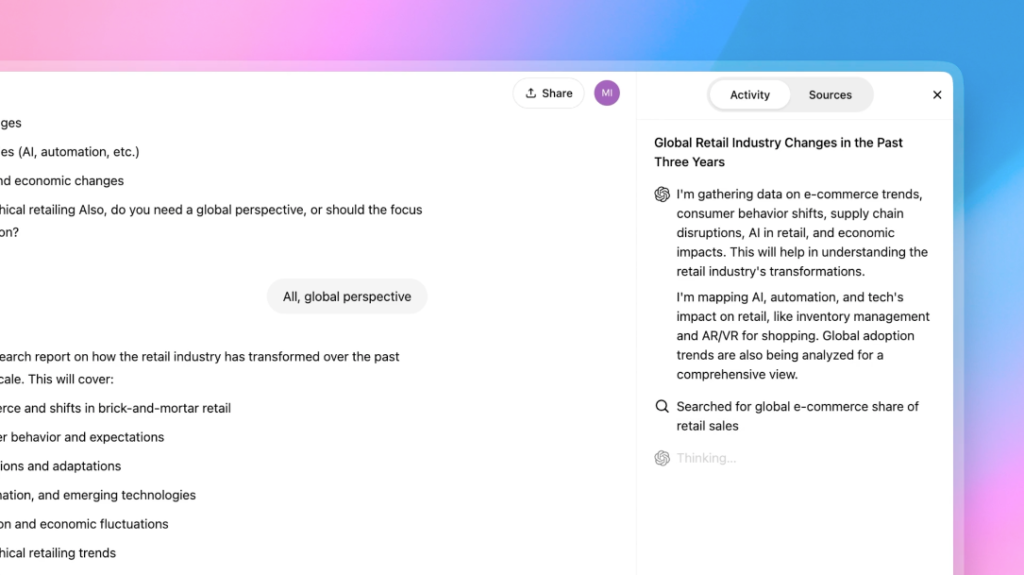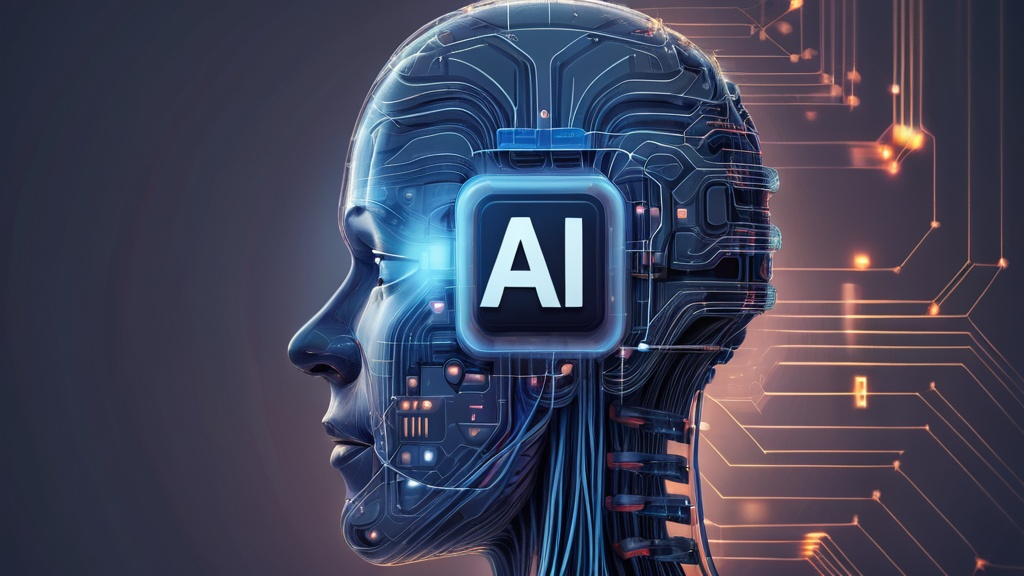OpenAI’s newest ChatGPT agent can do ‘deep research’ online
OpenAI launched a “deep research” agent in ChatGPT that can search for information, put it into a report and source its work.
OpenAI has launched a new feature for its flagship AI product, ChatGPT, called “deep research.” This feature is designed to cater to individuals involved in intensive knowledge work, such as those in finance, science, policy, and engineering. The deep research agent enables ChatGPT to search the internet for information and generate thorough, precise, and reliable reports—similar to what a research analyst would produce.
According to a blog post from OpenAI on February 2, deep research is particularly beneficial for professionals who require in-depth research on complex topics. Additionally, it can also be helpful for consumers conducting research before making significant purchases, like cars or home appliances.
The outputs from deep research are well-documented, offering clear citations and a summary of the AI’s reasoning. Depending on the complexity of the request, the process takes between 5 to 30 minutes, providing users with a comprehensive research report. This update brings a higher level of functionality to ChatGPT, elevating its utility for both professionals and everyday users who need reliable and organized research quickly.

OpenAI’s new “deep research” agent builds on the company’s broader efforts to enhance the capabilities of ChatGPT, with the launch following January’s release of Operator, an agent designed to perform tasks like ordering groceries and booking tours.
This deep research agent enables ChatGPT to scour the internet to produce thorough reports with citations, ideal for professionals needing detailed, reliable data on complex topics. It uses OpenAI’s o3 model, a reasoning model optimized for web browsing and data analysis. The o3 model is designed to improve accuracy by fact-checking its own responses, but OpenAI has cautioned that the agent may still “hallucinate facts” or misinterpret information at times.
The deep research agent has already shown impressive performance, achieving a 26.6% accuracy on the Humanity’s Last Exam, a rigorous test involving 3,000 expert-level questions on over 100 topics. This outperforms DeepSeek’s AI model, which scored much lower. Despite its capabilities, OpenAI warned that the system can struggle to distinguish between authoritative information and rumors, making it important to carefully assess its outputs.
This release comes at a time when OpenAI faces pressure from competitors like DeepSeek, which recently caused a stir by launching an AI model that reportedly matches ChatGPT’s performance but at a much lower cost. Microsoft and OpenAI are investigating whether data from ChatGPT’s API was compromised by groups tied to DeepSeek, adding an extra layer of scrutiny to the competitive landscape.
Additionally, Google is also rolling out a similar “Deep Research” feature for its Gemini model, with plans to launch it in early 2025.
The deep research agent is available through OpenAI’s $200/month Pro plan, though usage is capped at 100 queries per month.





